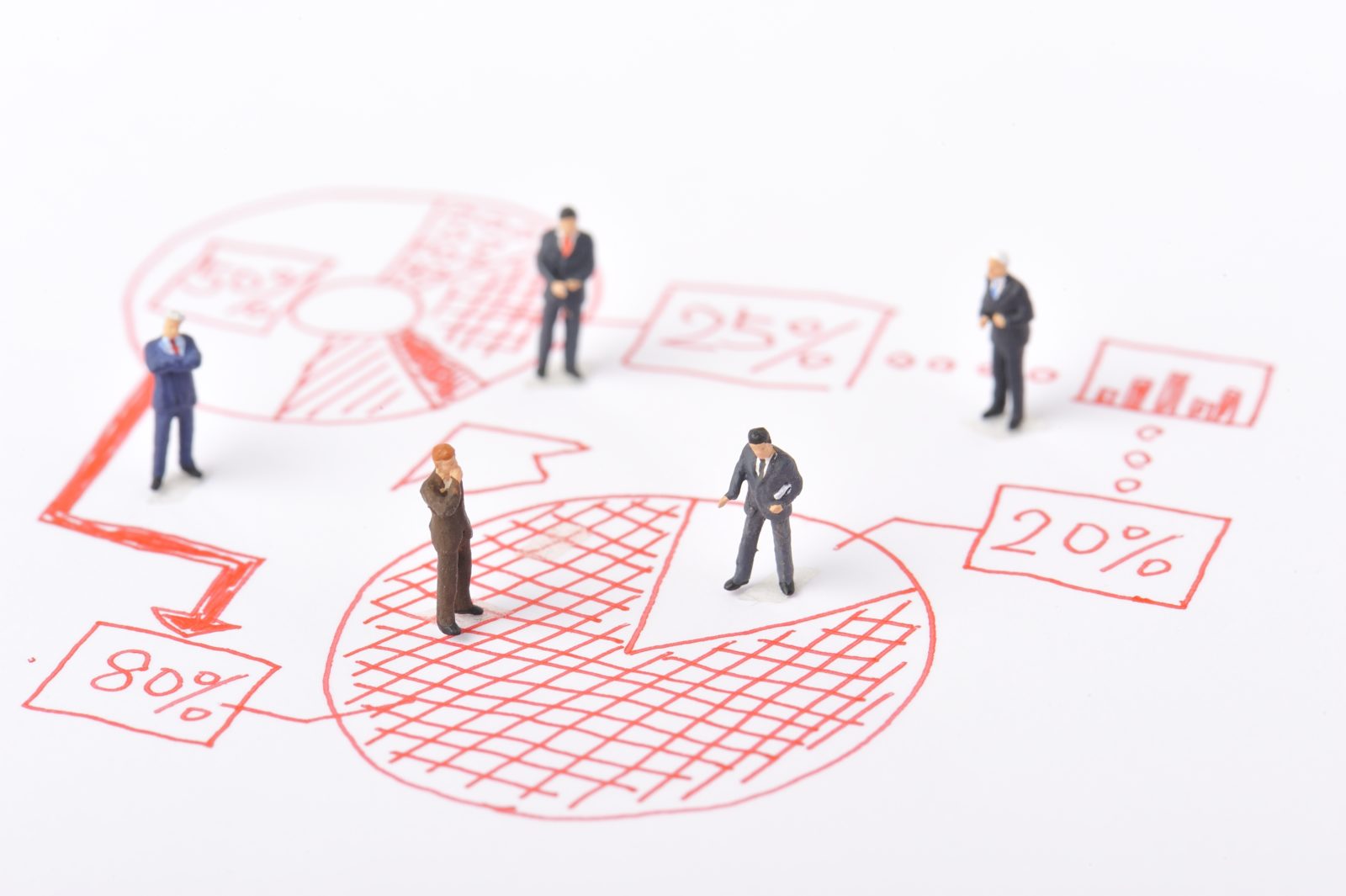The Meltdown State
New York THE DEMOCRATIC CIRCUS came to New York for Super Tuesday. John Edwards preached about the “two Americas.” John Kerry’s fans in Buffalo put up a huge sign: “America Works Best When We Say Union Yes. Edwards was closer to the mark: If there is one state going in a different direction than the rest of America, it is Read More ›
